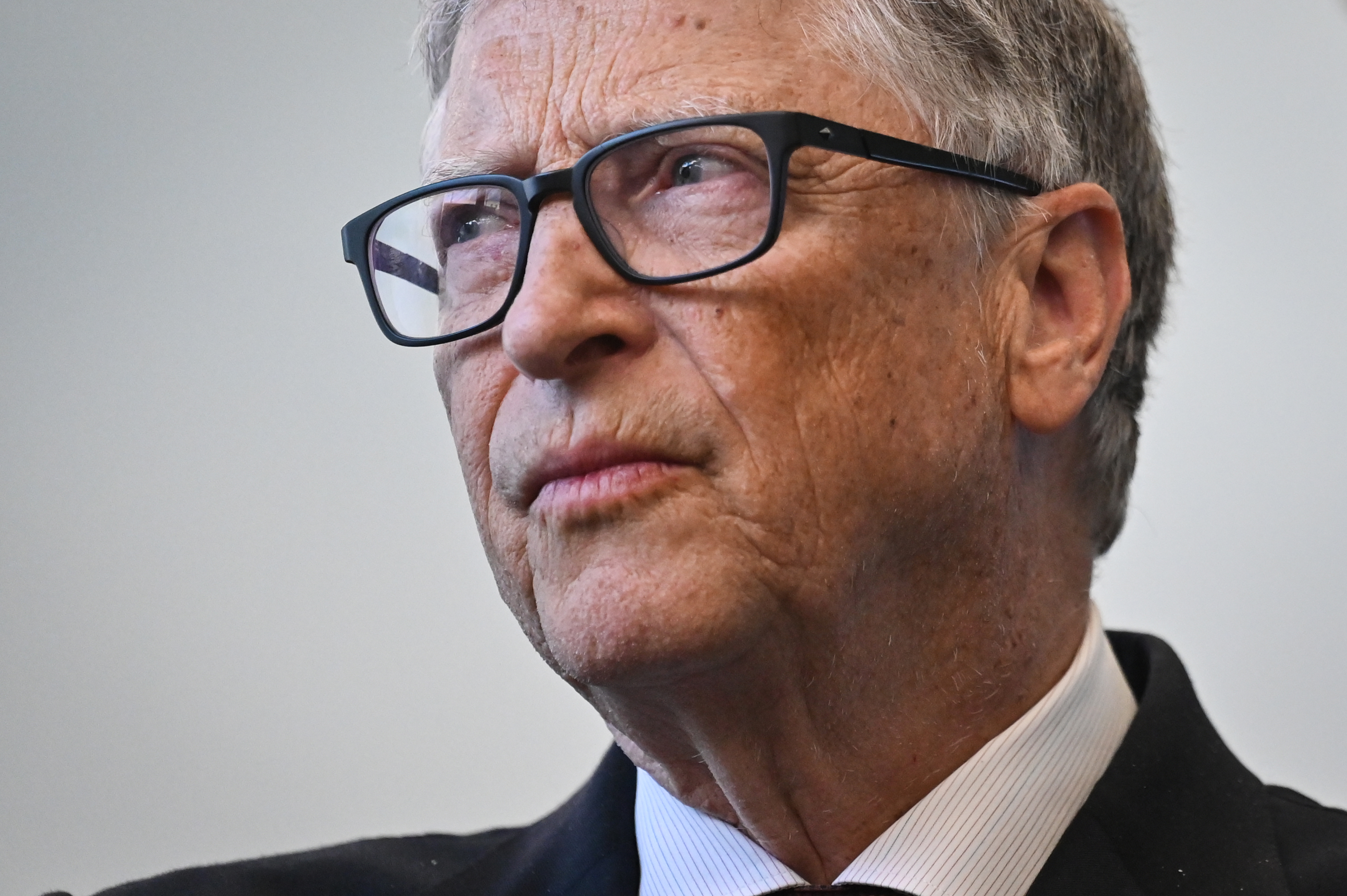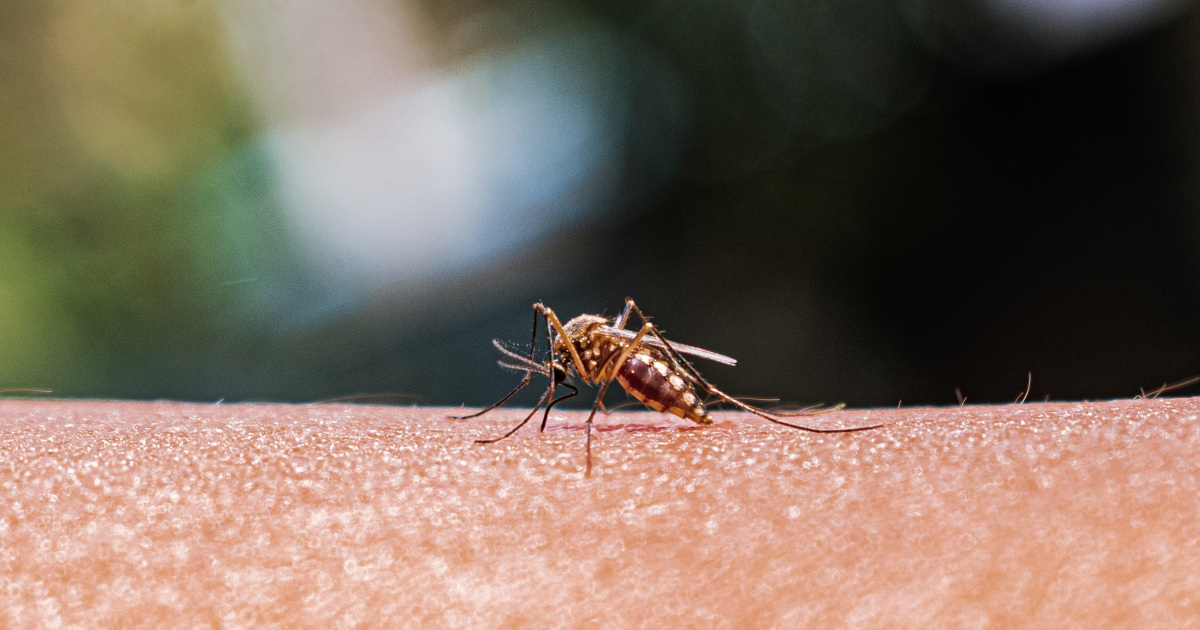Microsoft founder Bill Gates is being blamed by some for sudden malaria cases reported in the United States for the first time in two decades.
The Centers for Disease Control and Prevention (CDC) said Monday that at least five cases of malaria—four in Florida, one in Texas—were acquired within the United States and have been reported in the past two months. These cases represent the first time that locally acquired mosquito-borne malaria has occurred nationwide since 2003 in Palm Beach County, Florida.
The CDC said the four Florida cases occurred within close geographic proximity and all have been identified and remain actively surveilled. The same response has gone into effect with the lone Texas case, including paying attention to any additional cases.
The majority of malaria cases diagnosed in the U.S. are imported, usually by persons who travel to countries where malaria is endemic. Between the eradication of malaria in 1970 and the cases in Florida in 2003, the CDC reported 11 outbreaks involving 20 cases of probable locally acquired mosquito-transmitted malaria.
“So let me get this straight,” one Twitter user wrote. “Bill Gates has been releasing GMO mosquitoes in Florida and Texas and now Florida and Texas for the first time in 20 years have mosquitoes that give people malaria??? Is that right?”
So let me get this straight.
Bill Gates has been releasing GMO mosquitoes in Florida and Texas and now Florida and Texas for the first time in 20 years have mosquitoes that give people malaria???
Is that right?https://t.co/opzK6YiiGP
— Luke Rudkowski (@Lukewearechange) June 28, 2023
The tweet was followed by a “community note,” citing the CDC and Environmental Protection Agency, which “evaluated the potential risk of releasing GM [genetically modified] mosquitoes into communities and determined that there is no risk to people, animals, or the environment.”
The reference to genetically modified mosquitoes likely harkens back to a video clip that went viral in March, purportedly showing a mosquito with a serial number on its body that has been released as part of an experiment funded by the Bill & Melinda Gates Foundation.
Although that clip was verified as fake by the Associated Press, Gates’ foundation in 2016 did successfully install a “gene drive” in a malaria-transmitting species of mosquito that renders females of the species sterile. It was part of another multimillion-dollar investment into the foundation’s “Target Malaria” project, based at Imperial College in London, England.
Justin Tallis/WPA Pool/Getty
In December, German drug manufacturer and biotech company BioNTech initiated a study to evaluate its experimental malaria vaccine in humans, according to Reuters. The trial’s first phase was expected to include 60 U.S. volunteers with no history of malaria to assess the vaccine candidate at three-dose levels.
The first vaccine candidate from BioNTech’s malaria project is known as BNT165b1 and was said to also establish vaccine production in Africa.
The Bill & Melinda Gates Foundation has worked with BioNTech in the past, including providing millions in grant funding during the COVID pandemic and developing HIV and tuberculosis programs.
“It must be a coincidence that from 2003-2023 there wasn’t one case of Malaria spread by mosquitos…and along comes a company funded by Bill Gates…to solve a problem that didn’t exist…and suddenly in the exact places where he releases mosquitos…there’s an outbreak of Malaria?” another Twitter user wrote.
It must be a coincidence that from 2003-2023 there wasn’t one case of Malaria spread by mosquitos…and along comes a company funded by Bill Gates…to solve a problem that didn’t exist…and suddenly in the exact places where he releases mosquitos…there’s an outbreak of Malaria? pic.twitter.com/dQpT2VzwuD
— Liz Churchill (@liz_churchill10) June 27, 2023
One user wants Florida Governor Ron DeSantis to investigate the Microsoft founder.
I’d say it’s time for Gov. DeDantis to announce his plan to tackle the resurgence of Malaria in Florida
Did he allow Bill Gates’ GMO mosquitoes in the state?
What is he doing to hold people accountable?
As a Florida resident, this is a serious issue we’re quite concerned with https://t.co/7NJCSk2BiD
— DC_Draino (@DC_Draino) June 28, 2023
“I’d say it’s time for Gov. DeSantis to announce his plan to tackle the resurgence of Malaria in Florida,” the user said. “Did he allow Bill Gates’ GMO mosquitoes in the state? What is he doing to hold people accountable? As a Florida resident, this is a serious issue we’re quite concerned with.”
Others viewed the outrage as a result of sheer speculation lacking any relevant data.
“Absolutely wild speculation & disinfo spreading that the recent cases of #malaria in FL/TX are related to the “GMO mosquitoes” released by a Gates-funded org, and that *of course* Bill Gates has a malaria vaccine for it when HCQ works… one big conspiracy,” a user tweeted.
Absolutely wild speculation & disinfo spreading that the recent cases of #malaria in FL/TX are related to the “GMO mosquitoes” released by a Gates-funded org, and that *of course* Bill Gates has a malaria vaccine for it when HCQ works… one big conspiracy. Let’s talk about this. pic.twitter.com/xibp8yev22
— Siyab Panhwar, MD (@DrSiyabMD) June 28, 2023
A report published in 2019 by the Lancet Commission on Malaria Eradication said that if the correct steps are followed, malaria could be eradicated everywhere outside of Africa by 2030, and worldwide by 2050.
Newsweek has reached out to the Bill & Melinda Gates Foundation via email for comment.















